The European beef and sheep meat sectors are one of the pillars of European cultural and gastronomical heritage. However, for a multitude of reasons, our sectors have been facing a decline in production and are under extreme pressure due to market access given to other countries and EU regulatory initiatives.
On one hand, the EU is rolling out, under its EU Green Deal, a series of initiatives that could require a lot of investment at farm level, it’s actively trying to nudge people away from red meat consumption despite nutritional recommendations and is without a global approach regarding environment considerations. While on the other hand, it allows for an increase of market access for our sector products from third countries, regardless of the production methods overseas. This leaves us in a dire situation where we witness a loss of competitiveness, decline in production and sustainability leakage being ignored.
Hence, it is not surprising that in general, the EU beef and sheep meat sectors cannot accept more concessions given to third country partners in the context of trade negotiations. The cumulative impacts of trade deals are very much being felt and met with a lot of bitterness by our farmers, especially at a time where they are constantly being asked to do and invest more to improve their production.
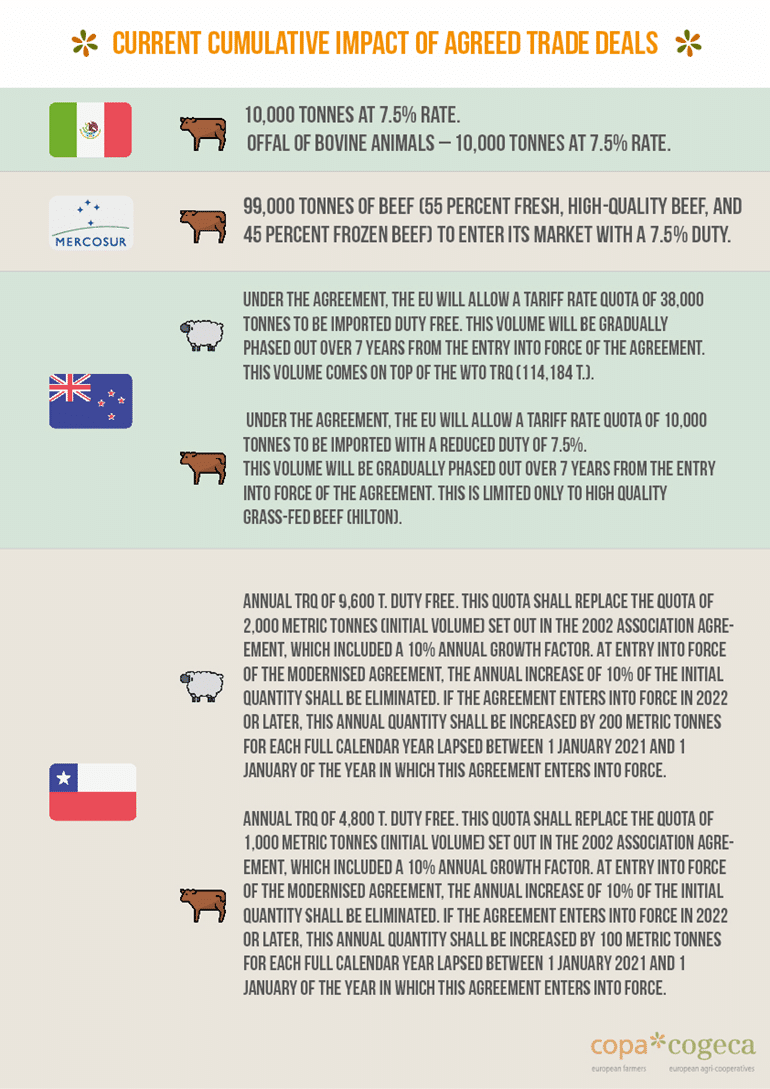
Reciprocity and standards
The lack of reciprocity and possibility to impose high European standards, especially concerning the on-farm reality in an effective way compared to our third country partners, while allowing for further market access is at the root of this bitterness. Hence, it is only logical that we oppose any additional market access that further damages the income of our farmers, endangers our production, and discourages the necessary investments in the improvement of local European production. Food sovereignty in the EU regarding bovine and ovine production is key for many of the demand’s citizens have food security, quality, and proximity; that at the same time guarantees employment, carbon sequestration on pastures, biodiversity protection, landscape management, and cultural heritage.
In addition, any access to the quota should comply with the European standard for the banning of the use of antibiotics as growth promoters as outlined in the delegated act developing article 118 of the Regulation 6/2019. In general, animals treated with products not licensed in the EU and animals treated with licensed products but under less rigorous controls should be excluded. Access to the contingent should be subject to compliance with the land transport standards laid down by EU Regulation 1/2005 regarding duration and density.
Upcoming animal welfare revision
The EU trade experts and negotiators should consider that a new proposal package on on-farm welfare, welfare in transport, welfare at the time of killing and welfare labelling is expected in autumn 2023. As it is expected that this will increase the burden for EU livestock farmers regarding additional investments, any EU standard not imposed on third countries (including the ones already implemented) that export beef and sheep meat to the EU will increase the competitive advantage against EU producers.
Currently, at the on-farm level, no standards from the EU on-farm animal welfare legislation are imposed to imported live animals or animal products. But the difference of costs and investments compared to third country livestock producers are essentially at farm level and that this is where EU producers are the most at risk of unfair competition. Furthermore, it misleads consumers who are not necessarily aware of the reality of production in other countries.
Market access and TRQ management
Concerning the ongoing and future negotiations, there are some aspects of both sectors that should be carefully considered to ease the pressure and prevent market disturbances.
Sheep meat
- One of the particularities of the sheep meat sector in the EU is the seasonality in the market: there are two peaks in prices, at Easter, and at Christmas. Exporters take advantage of that and flood the market in those periods with lamb legs. Maybe a creative solution is one that allows the spread of the TRQs throughout the year, preferably on a monthly basis, so our producers also have an opportunity to sell their products at a good price.
- In the same spirit, for the sake of both consumers and EU producers, a differentiation between fresh and frozen products would be in order. And on that we now have a good precedent with the agreement between EU – New Zealand (TRQ 65% frozen + 35% fresh/chilled).
Beef
- For the beef sector, it would be necessary that the TRQ quota should be accessible only to cuts of meat from steers or heifers exclusively reared on pastures.
- A breakdown of the year into months, identifying the troughs (December/January) and peaks (May) of production.
- Protection of the most sensitive tariff lines (exclusion of the most sensitive lines to avoid importing only high value cuts; introduction of an intra-quota tariff; fresh/frozen, boneless/bone-in).
- Implementation of import licences managed by the EU (or even by stakeholders in the European sector).
- Access to the quota should be conditioned to compliance with the European standard for the identification and individual monitoring of bovine animals.
In addition, considering trade flows, the impact of the UK bi-lateral trade deals must also not be ignored. We are exposed to a doubling of volumes of sheep and beef meat entering the UK market following Brexit as the UK agreed to its own trade deals with Australia and New Zealand. This will limit access for EU meat to UK markets but also potentially cause a displacement of UK products into the EU market and overall market instability.
Rural areas and generational renewal
The loss of competitiveness in the EU sheep and beef sectors driven by this cumulative pressure will have an important impact on rural economies and their social fabric. The fragility of the ruminant sectors and their importance for the vibrancy of EU’s rural areas should not be overlooked in EU trade relations and market access considerations. The EU agriculture sector as a whole is facing a demographic challenge for which the main prerequisite is a well-functioning and performing sector.
The only way to meet the challenge of generation renewal is through income stability, which is a positive sign for attracting younger generations to the farming profession. Beyond production, it is also through the dynamics of installation that we will guarantee the maintenance of positive environmental amenities, the capture of carbon in pastures and meadows used by ruminants, in short, the public goods generated by young farmers for European society. All these elements must be considered in the framework of free trade agreements otherwise negative impacts will be even greater!
Michèle BOUDOIN
Chair, Copa-Cogeca Working Party for Sheep and Goats
Dominique FAYEL
Chair, Copa-Cogeca Working Party for Beef and Veal
Artigo publicado originalmente em Copa Cogeca.





















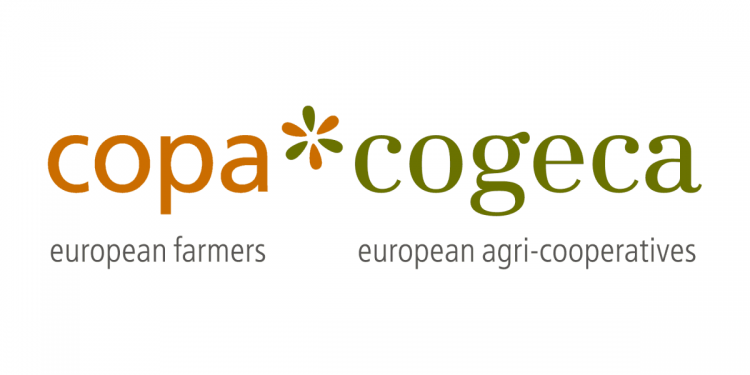
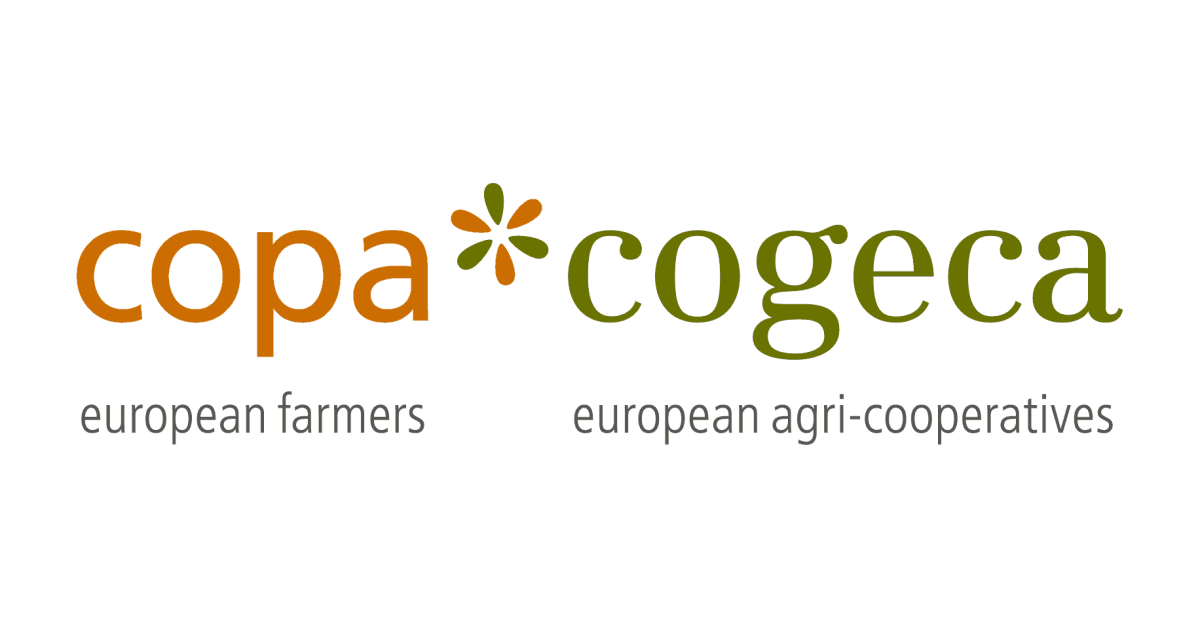

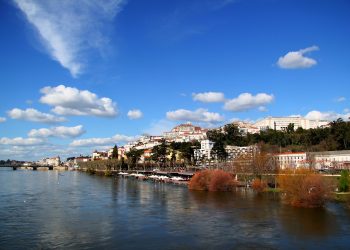
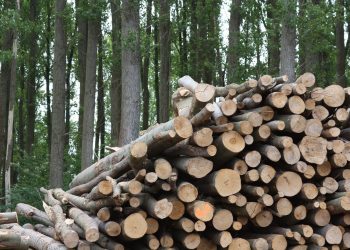


























Discussão sobre este post